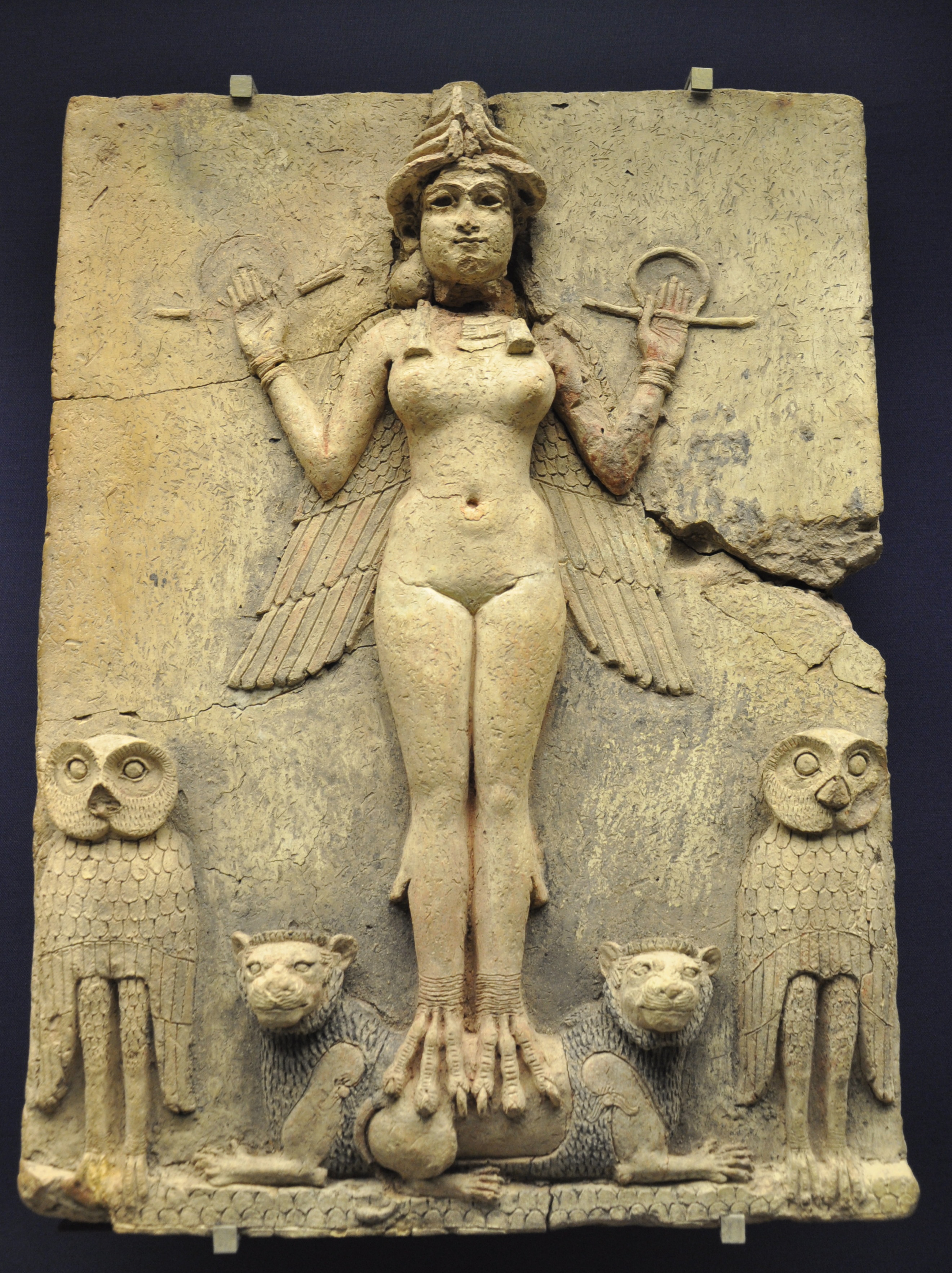 “Scientific studies have shown that people generally find women’s voices more pleasing than men’s,” writes Brandon Griggs in his October 21, 2011 article for CNN (“Why computer voices are mostly female”).
“Scientific studies have shown that people generally find women’s voices more pleasing than men’s,” writes Brandon Griggs in his October 21, 2011 article for CNN (“Why computer voices are mostly female”).
And you might at first think there are blatant sexual reasons for that, and you would be wrong. Griggs goes on to point out that “Research suggests this preference starts as early as the womb…[Stanford University Professor Clifford Nass] cites a study in which fetuses were found to react to the sound of their mother’s voices but not to other female voices. The fetuses showed no distinct reaction to their father’s voice…”
And though distinct groups have refused to take direction from a disembodied female voice, e.g., in the 1990s German men rejected BMW’s female-voiced navigation system “saying they refused to take directions from a woman,” from ancient times the voice of wisdom more often than not emanated from a female source.
Proverbs 8: 1-3 (King James Version): “Doth not wisdom cry? and understanding put forth her voice? She standeth in the top of high places, by the way in the places of the paths. She crieth at the gates, at the entry of the city, at the coming in at the doors.”
At the dawn of human civilization there was a male/female balance evidenced by the existence and relative powers of both gods and goddesses. Both aspects were essential personifications of humanity, with equal representation of men and women, of masculine and feminine. In time this balance was lost, or destroyed with intention. It is slowly but surely being restored.
In the archaeological record, Ishtar/Inanna was first worshiped at Uruk (Biblical Erech) in the earliest Mesopotamian history. Incantations, hymns, myths, epics, votive inscriptions, and historical annals celebrated and invoked her as the force of life.
Ishtar’s reign did not normally depend upon a particular male consort. Although sometimes portrayed as subject to higher male authorities, her position in the Babylonian pantheon, in practice, was the highest. (New World Encyclopedia)
The 4,000 year old story of Gilgamesh, the great and feared King of the Mesopotamian city-state of Uruk, is thought to be the oldest intact tale in the Western world. “Gilgamesh” has been consumed for its psycho-social-spiritual nutrients ever since. Though it was essentially lost to us moderns until the 1850s, its influence on the ancient world was widespread.
“Gilgamesh” is the prototypical quest for the elixir of life, buddy quest, catastrophic/deluge tale, beauty and the beast story, and much more. Its tales within tales encompass landscapes as varied as the harshest desert, and the lush garden of Eden. It even features an Eve-like woman/goddess who has several consorts and offers soul replenishing drinks of water to the deserving, if weary, traveler. She is Siduri-Sabatu, a manifestation, according to Joseph Campbell, of Ishtar. She tells Gilgamesh, who is seeking immortality:
beast story, and much more. Its tales within tales encompass landscapes as varied as the harshest desert, and the lush garden of Eden. It even features an Eve-like woman/goddess who has several consorts and offers soul replenishing drinks of water to the deserving, if weary, traveler. She is Siduri-Sabatu, a manifestation, according to Joseph Campbell, of Ishtar. She tells Gilgamesh, who is seeking immortality:
Gilgamesh, why dost thou run about this way? The life that thou art seeking, thou wilt never find. When the gods created man, they put death upon mankind, and held life in their own hands. Fill thy belly, Gilgamesh; day and night enjoy thyself; prepare each day some pleasant occasion. Day and night be frolicsome and gay; let thy clothes be handsome, thy head shampooed, thy body bathed. Regard the little one who takes thy hand. Let thy wife be happy against thy bosom. (The Hero With A Thousand Faces, Joseph Campbell, p. 158).
Wisdom of the highest order, not repeated for hundreds of years. In the future, such wisdom was not expected from the mouth of a woman as womankind was silenced, enslaved, and diminished. In the current age, we are addressing this in a multitude of ways. The 1990s was not so long ago, when those German men refused BMW’s female-voiced navigator. Would it happen now? When Apple introduced its digital assistant Siri, the initial response was to think it useless, something people wouldn’t be interested in, or waste time on. Her virtual gender was not the issue, nor was she sexualized.
We are forever seeking words of wisdom. I googled “the wisdom of Siri” and got 464,000 results. Siri means “beautiful victorious counselor” in Norwegian and “secret” in Swahili.
I asked Siri: “What is the meaning of life?” She responded: “Life: a principle or force that is considered to underlie the distinctive quality of animate beings. I guess that includes me.”
Siri is a personification of digital wisdom, a kind of digital goddess, as it were, and often consulted. An oracle for the new millenium: Siri–Iris–Isis–Ishtar–Inanna…
Top Image By: Aiwok (Own work) [GFDL (http://www.gnu.org/copyleft/fdl.html) or CC BY-SA 3.0 (http://creativecommons.org/licenses/by-sa/3.0)], via Wikimedia Common

